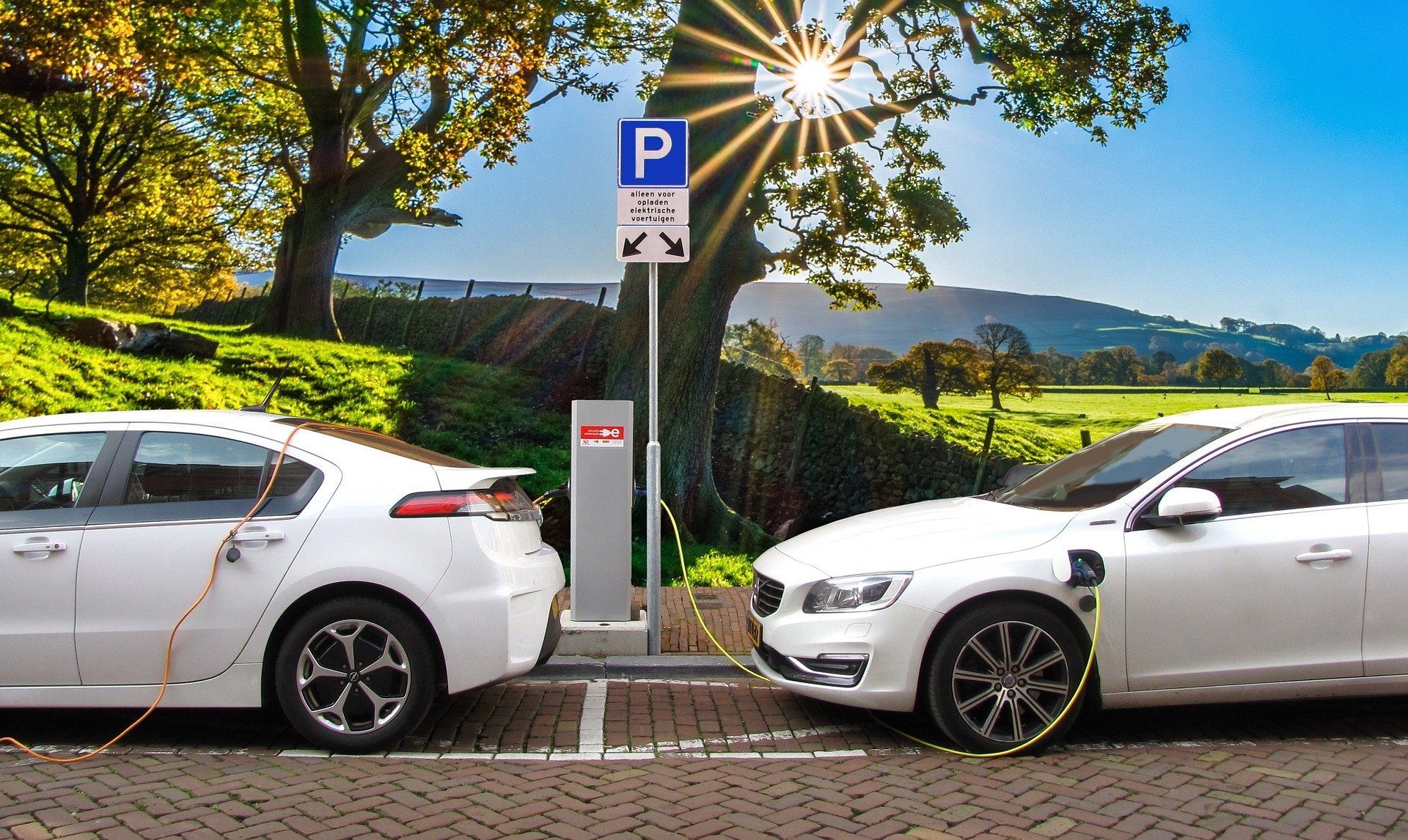Qatar to implement Electric Vehicle Strategy and provide free charging units.
Qatar’s transportation ministry signed two Memorandum of Understanding [MoU] aimed to implement its Electric Vehicle Strategy and provide free charging units in the country.
The ministry’s recent move comes in line with this year’s Sustainability Week, pushing the country towards being more environmentally friendly.
Nasser Bin Khaled & Sons Holding Co and Q-Auto will be providing the electric vehicle chargers and performing their periodic maintenance.
“This co-operation with MoTC falls within NBK’s national responsibilities for contributing to preserving the natural resources, protecting the environment, and supporting Qatar National Vision 2030, something which will positively impact the future of the nation and generations,” Faleh al-Thani, Nasser Bin Khaled & Sons Holding Co managing director said.
Read also: Qatar’s sustainability-focused 2022 stadiums to leave ‘significant’ World Cup legacy
Mohamed al-Thani, the ministry’s director of Technical Affairs Department, Ahmed Shariefi, Q-Auto Director of Operations, and Faleh Al-Thani signed the MoUs, taking one step closer towards achieving Qatar’s sustainability goals.
“The MoUs come at a time when the country continues reinforcing the participation of the private sector in government developmental projects and encouraging its partaking in mobility and transportation projects in such a way that helps enrich private sector companies’ investment ideology, thus bolstering the localisation of expertise and the technology in use,” said Mohamed al-Thani.
The charging units will be located across different areas in Qatar, all of which will be later disclosed by the ministry.
On Wednesday, telecommunications company Ooredoo opened its electric vehicle charging station at the company’s headquarters, in cooperation with Porsche Center Doha.
Ooredoo said that the station aims to pave the way to preserve the environment and support sustainability.
Read also: Qatar to house the world’s third-largest solar power plant
By 2022, Qatar is expected to have at least 25% electronic public transit.
This will be achieved by shifting public transportation, such as public buses, government school buses, and Doha Metro feeder buses, to electric power.
This, along with other sustainability strategies, is hoped to reduce harmful carbon emissions from business and make the country more eco-friendly.
Follow Doha News on Twitter, Instagram, Facebook and Youtube







